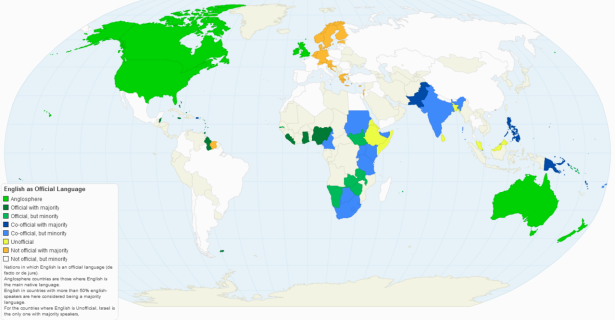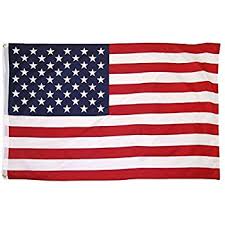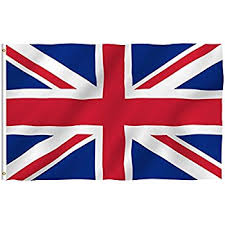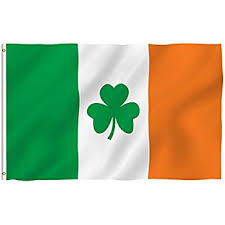Up to recently, whenever you were writing for a European website, you would use UK English. In fact, seeing a European website written with the American spelling (color … ughhh) was almost disturbing.
It made sense for English UK to be used as the official language for the English version of a European website, because the UK was part of Europe and English originated there.
Time has passed for England: they are no longer at the head of an Empire, they are now the smallest of all English speaking countries (except perhaps for Malta), and American English is still predominant in countless manifestations of the written, even spoken English.

Countries with English as an Official Language and the Language of Instruction in Higher Education
|
Anguilla
|
Ireland, Northern | Singapore |
| Antigua and Barbuda | Ireland, Republic of | Solomon Islands |
| Australia | Jamaica | South Africa |
| Bahamas | Kenya | Swaziland |
| Barbados | Lesotho | Tanzania |
| Belize | Liberia | Tonga |
| Bermuda | Malawi | Trinidad and Tobago |
| Botswana | Malta | Turks and Caicos Islands |
| British Virgin Islands | Mauritius | Uganda |
| Cameroon | Montserrat | United Kingdom |
| Canada (except Quebec) | Namibia | Vanuatu |
| Cayman Islands | New Zealand | Wales |
| Dominica | Nigeria | Zambia |
| England | Papua New Guinea | Zimbabwe |
| Fiji | St. Kitts and Nevis | |
| Gambia | St. Lucia | |
| Ghana | St. Vincent and the Grenadines | |
| Gibraltar | Scotland | |
| Grenada | Seychelles | |
| Guyana | Sierra Leone |
Feeling has a lot to do with language. After the war in Italy, it was the Americans most people remembered as the liberators, not the English. American was the language used in films, in popular TV shows, which people who wanted to learn English watched. American English was just as requested as UK English in Italian language schools.
In the translations world, there may have been a little more discrimination, it was up to whatever market the website was intended for. But generally speaking, it made sense to use UK English for anything that wasn’t specifically aimed at the US market, even if it wasn’t specifically aimed at the UK market.
Now, not so much.
Especially when it comes to the English language, whom a dear friend used to define “A bitch”. The English language has known and become so many different forms, accents, vocabulary, that, in the words of a BBC Radio 4 show producer, “There is no such thing as a correct way to pronounce an English word”.
And yet, we all liked the idea of a sort of homeland for the English language. As Europeans, especially, we laughed along with the humorous teasing of the Northern American English as being “not the proper English”. Remember this letter to the US revoking their independence? It’s still funny.
Matters are quite different now. Whether or not you are a lover of the ideals behind the European Union, it is a fact that the UK has chosen to get out. If it doesn’t really make sense to use this flag for an English version of a European websites

does it really still make sense to use this one?

Perhaps we should start using the pretty Irish flag (sorry Malta, you’re too little!)

When speaking out of a European context, would it be fair to say that speaking English the way any of the above countries do, if it differs from UK English, is “incorrect”? For the first time in many years, I finally feel that any English, even a mixture of origins such as my Spanish is (my Spanish combines Spanish from Andalucia and Madrid (from my studies and life experience – as well as from Peru and Venezuela), is just fine, even if we do continue to use the UK flag.

Very interesting reflection, I like your conclusion that brings English language closer instead of letting it go far like a chimera 🙂
LikeLiked by 1 person